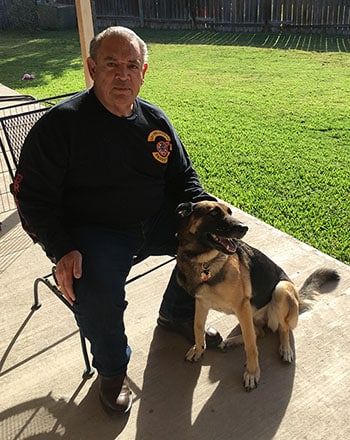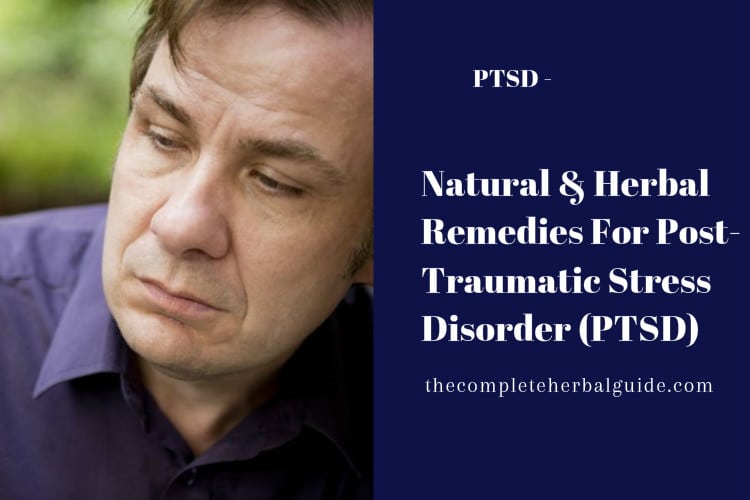
Four Tips For Veterans Struggling With PTSD
PTSD might seem like a novelty disorder. However, that’s not exactly true. This anxiety disorder has always been a constant companion of war veterans. It’s just that, in recent years, it’s gained notoriety thanks to extensive research and outreach programs developed by health organizations.
Unfortunately, PTSD is not a rare occurrence that affects only war veterans. It can happen to anyone. However, it’s most common in soldiers. Around 30% of men and 50% of women veterans experience some symptoms of PTSD. This anxiety disorder is not a sign of weakness. It is not something you can control. However, you can manage it. It’s important to get help and not ignore the problem.
Direct exposure to trauma or injury significantly increases your chances of developing PTSD. A shocking or dangerous event can have devastating consequences for mental health. That’s precisely why veterans are at high risk.
However, this disorder is treatable. Here are some tips for struggling veterans.
Table of Contents
Don’t shy away from therapy
There is still a lot of stigma around mental health issues. However, therapy is beneficial for everyone, not just for people struggling with anxiety disorders. It is, however, especially helpful for veterans. Even if your PTSD symptoms are mild, or you think you can deal with them on your own, consider talking to a professional. Therapy can be cathartic, and it will bring you relief. A professional will have constructive advice on how to deal with your PTSD symptoms. If you are worried about how you may finance these sessions, you may wish to click here to learn about how a military attorney may be able to help guide you through the process of claiming veterans disability benefits, which you could then use to pay for your therapy so that you can get the help you need.
Talking is the best way to deal with trauma. Therefore, even talking with your friends and family will be helpful. It’s common that veterans and soldiers refuse to talk about mental health issues. But, that’s counterproductive. At least talk to others if you aren’t ready to commit to therapy. That will help you to process your issues. If you do, they won’t emerge in your subconscious mind and disrupt your sleep, for example.
Try CBD oil to ease your symptoms
PTSD is a chronic disorder. That means you can’t get rid of it quickly, no matter how much you wish you could. You can, however, treat it. One of the ways to manage symptoms of PTSD, such as anxiety, insomnia and mood fluctuations, is with the use of CBD oils.
CBD is a natural way to alleviate your symptoms. Many studies link CBD and PTSD. This natural pain reliever can have a multitude of positive effects. CBD can lessen the pain and help with sleeping disorders. Insomnia and vivid nightmares are a common symptom of PTSD. Flashbacks and severe anxiety attacks usually follow them during the day. These oils can serve as a long-term treatment for all the symptoms.
Furthermore, they have minimal side effects. That’s what distinguishes them from traditional pharmaceutical medication.
Another common disorder among veterans is depression. It usually goes hand in hand with PTSD. Cannabis oils can have antidepressant effects, as well. Therefore, they seem like the perfect solution for struggling veterans. If you can get your mind to calm down, and sleep a night or two without interruptions, you’ll be better equipped to deal with your disorder.
Avoid social isolation
It’s easy for veterans to slip into social isolation. After all, not many people can relate to you. What you’ve experienced isn’t exactly a good dinner party topic. So, you might not think you have a lot to talk about with others. Or, you might not even be interested in doing so. However, you can’t let that stop you from socializing.
Isolating yourself will only further the development of your PTSD. Spending time with your loved ones is essential. Humans are social animals. We are not meant to be alone. It might seem strange or unnatural at first, but socializing will have surprising effects. Reach out to your friends and family. Enjoy their company even if you’re not ready to share what’s troubling you. You can also connect with other veterans. It might be easier for you to talk with someone who’s walked a mile in your shoes.
Fill your time
Don’t let your days pass in constant overthinking. That will only raise your anxiety levels. It’s much better to fill your time with something pleasant. Get a hobby or develop a new interest. If you’ve always wanted to try fishing, do it now!
It’s important to remember that you’re not alone. Reach out to others, and ask for help. There is nothing wrong with you, you just have a disorder. With help, a treatment plan, and determination, you can manage it.





